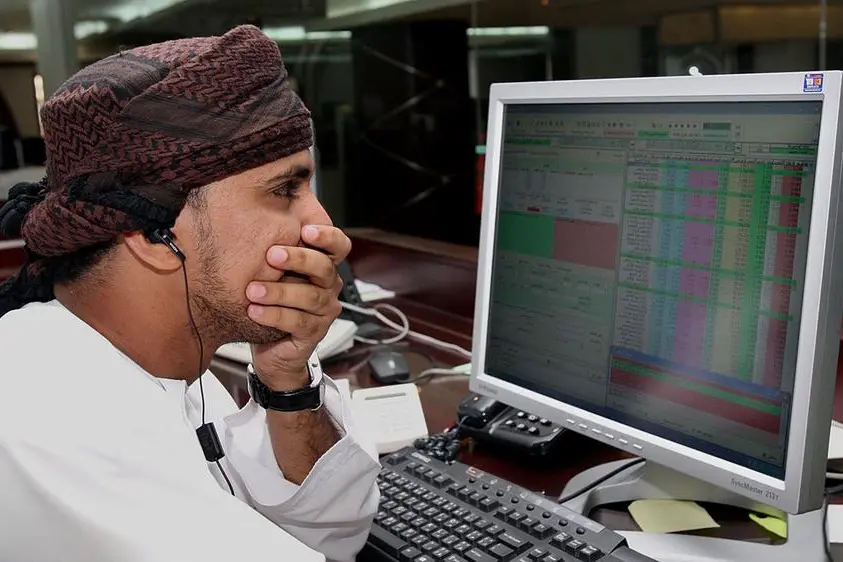PHOTO
Oman's state-owned energy investment company OQ has launched its next privatisation, the US$2bn IPO of OQ Exploration and Production, showing rapid progression from the two subsidiaries that listed in 2023 as Oman develops its local exchange.
A deal of around US$2bn is a significant step up from the OR288m (US$748m) float of OQ Gas Networks in October, which itself was several times the size of OQ unit Abraj Energy Services' OR90.7m IPO in March 2023 that reintroduced Oman to international investors.
OQEP is looking at a valuation of around US$8bn and a dividend yield of 7.5%–8%, according to a banker involved.
Investors are largely focused on dividend yield with OQGN and Abraj the main peers alongside other regional comps such as Saudi Aramco.
International investors are said to welcome the larger size for the increased liquidity it should provide compared with earlier Omani deals and engagement so far has been 50:50 international and domestic, the banker said.
“The conundrum is there is always better feedback from internationals but the majority of demand comes locally,” he said.
OQGN priced its IPO at the top of the range and generated OR4bn of demand, or 13.9 times' coverage. The performance since then has been underwhelming, with shares only 3.6% above the IPO price at the end of last week. The IPO was the largest since 2005 when Omantel raised OR292.5m.
Abraj shares are up 20% since its IPO.
Following Adnoc
“It’s a similar route that Abu Dhabi took two or three years ago when you found Adnoc getting different subsidiaries, different business lines to the market in successive deals and it went really well and opened the market after that for the private sector,” said a regional banker away from the deal.
Abu Dhabi National Oil Company has floated five units in the past three years, with Adnoc Drilling, fertiliser company JV Fertiglobe, plastics JV Borouge, Adnoc Gas and Adnoc Logistics & Services all listing on the domestic exchange. Most have traded up substantially and have been the backbone of Abu Dhabi's privatisation push that has drawn investor interest and are now giving way to more private sector IPOs.
OQEP benefits from Oman’s hydrocarbon resources and strategic location with direct access to global shipping routes and logistics hubs and has expanded production by nearly 14 times from 2009 to 2023. The company has partnered with Shell, TotalEnergies, BP and Eni.
OQEP averages 249,000 barrels of oil equivalent per day and has prospective working interest reserves of approximately 0.974 billion barrels of oil equivalent and contingent working interest resources of 820 million barrels of oil equivalent, based on company estimates as of June 30. The portfolio is weighted towards gas.
The company has little debt, with leverage of 0.5 times taking into account repayment of a shareholder loan and a pre-IPO dividend. OQEP will offer a first dividend of approximately OR57.7m in December relating to Q3 and around OR57.7m in March for Q4. For 2025 and 2026, there is a base dividend of OR230.7m.
Adjusted revenue was OR428m for the first six months of 2024, with adjusted profit before tax of OR179m and adjusted Ebitda of OR317m.
OQEP will have a 25% free-float. The deal is split between 60% for institutional investors and 40% for retail. For OQGN, retail took 30%, with 20% going to local institutional investors, 20% to foreign institutions and 30% to anchor investors.
HSBC, Natixis, OIB and Sohar International are joint global coordinators.
Bank of America, Bank Muscat and EFG Hermes ran the OQGN float. Bank Muscat and EFG Hermes are among the collection agents for OQEP.
There is more to come. State-owned shipping and logistics firm Asayad Group is expected to float towards the end of the year or in Q1, with Jefferies and EFG Hermes attached, while another IPO is being prepared for next year.
Source: IFR




















